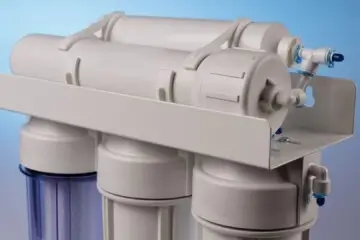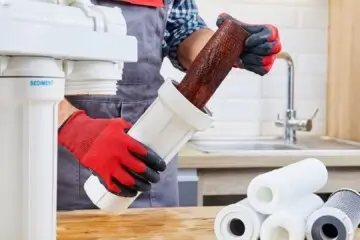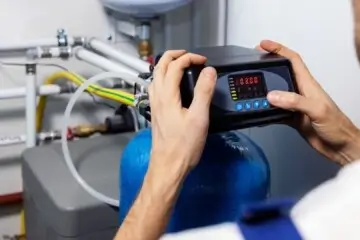When selecting a whole-home water filtration system, it’s crucial to assess water quality, system capacity, maintenance requirements, and installation needs. Clean and safe water is paramount for your household. Prioritize a system that can meet your home’s flow rate demands and can connect to the main water line. Regular maintenance and timely filter changes are essential for optimal performance and water quality. Consider factors such as flow rate, filter size, and replacement schedule to ensure the system works effectively. These elements are vital in choosing the right filtration system for your home. Make well-informed decisions to ensure access to high-quality water throughout your house.
Contact CAN Plumbing and Drainage for your Water Filtration System Needs
For expert advice and installation services on whole-home water filtration systems, it’s essential to contact CAN Plumbing and Drainage in Mississauga. By installing a whole-house water filtration system, you can significantly improve water quality by removing impurities and contaminants. Unlike point-of-use filters, a whole-house system ensures that all the water in your home is clean and safe for consumption. CAN Plumbing and Drainage in Mississauga specializes in designing filter systems tailored to your home’s specific water supply needs. You can rely on their expertise to ensure that your filtration system is correctly installed and operating efficiently. Don’t compromise on the quality of your water; trust CAN Plumbing and Drainage in Mississauga for all your home water filtration system requirements. Contact us today!
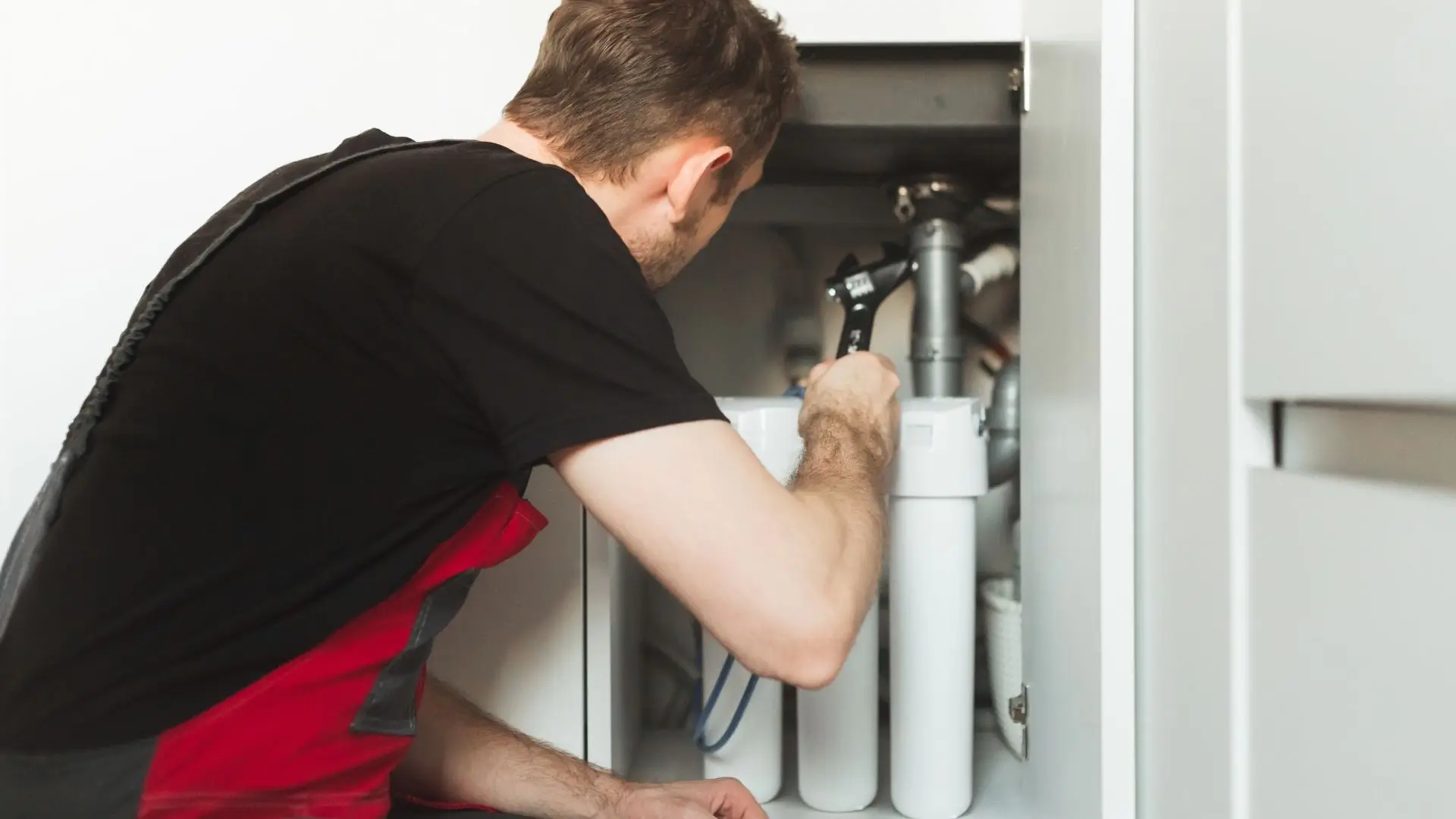
CAN Plumbing and Drainage Services Related to Water Filtration System
When dealing with CAN Plumbing and Drainage services in for water filtration systems, rest assured that your tap water will be free from contaminants. Our licensed plumbers in Mississauga is ready to assess your filtration requirements and provide tailored solutions for your residence. Count on us to ensure clean and safe water flows throughout your entire home.
Tap Water
Tap water quality needs thorough assessment by CAN Plumbing and Drainage Services before installing a whole-home water filtration system. The levels of contaminants in tap water can vary based on its source and treatment processes. A whole-house water filter can efficiently eliminate impurities, ensuring high-quality water throughout the entire property. Common tap water pollutants include sediment, chlorine, lead, pesticides, and bacteria. By analyzing the specific tap water composition, CAN Plumbing and Drainage in Mississauga can recommend the most appropriate water filtration system to tackle the identified issues. Prioritizing water quality is crucial for safeguarding the health and well-being of household occupants.

Free Water
In our assessment of water filtration systems, CAN Plumbing and Drainage Services emphasizes the significance of addressing the issue of Free Water to ensure comprehensive water quality management. Free water refers to untreated water that enters a home’s water supply before passing through a whole house water filter. This untreated water may contain various contaminants that can compromise the overall water quality. To combat this, it is essential to install a reliable water filtration system that can effectively remove impurities and protect the water supply. Filter cartridges play a critical role in trapping contaminants and ensuring that the water flowing into your home is clean and safe for use. By investing in a high-quality whole house water filter, you can significantly enhance the water quality throughout your home.
Maintenance and Filter Replacement
Regular upkeep of your whole-home water filtration system, including timely filter replacements, is crucial to ensure the system operates efficiently and delivers clean water throughout your home. Filter changes in whole house water filters are essential to maintain the flow rate and uphold the highest water quality standards. As time passes, filters may get clogged with impurities, decreasing their effectiveness. Routine maintenance not only prolongs your system’s lifespan but also helps prevent potential water quality issues. It is advised to adhere to the manufacturer’s recommendations for filter replacement schedules to sustain the system’s effectiveness. By keeping up with system maintenance and filter replacements, you can be confident that your whole-home water filtration system is functioning optimally.
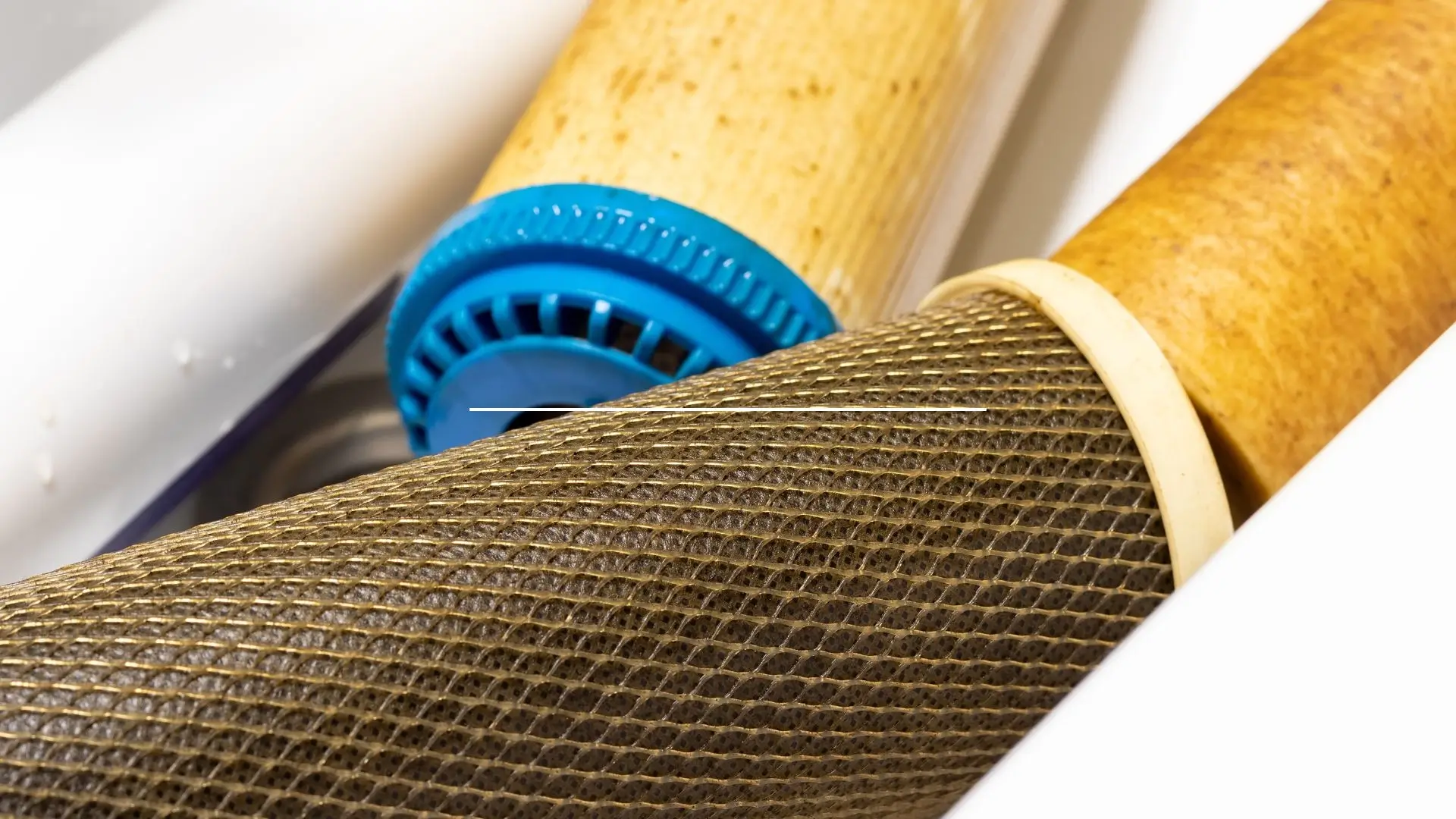
Installation Requirements
Proper installation of a whole-home water filtration system requires a thorough understanding of the system’s components and placement requirements. Factors such as the water flow rate, filter size, and filter replacement schedule are crucial considerations. It is essential to ensure that the chosen filter system has a flow rate that meets your household’s needs. Connecting the system to the main water line is necessary to filter all the water entering your home, particularly in areas with municipal water supplies. Effective installation is key to maximizing the performance of your whole-home water filtration system and ensuring that your household has access to clean, filtered water.
Budget and Operating Costs
Considering the financial implications and operational costs is crucial in the decision-making process for selecting a whole-home water filtration system. It’s essential to evaluate both the initial purchase price and the long-term operational expenses when investing in a whole house water filter system. Seek systems that strike a balance between cost-effectiveness and performance. Assess the water flow capacity of the filtration system to ensure it can meet the household’s needs effectively. Also, take into account maintenance expenses such as filter replacements and energy usage. Understanding the total cost of ownership will enable you to make an informed decision that aligns with your budget constraints and filtration requirements.
Water Quality Testing
How can water quality testing help ensure the effectiveness of a whole-home water filtration system? Prior to investing in water filters for your home, it is crucial to have your water tested to identify any contaminants present. Through the analysis of your water, specific impurities can be revealed that need to be addressed by the filtration system. Water quality testing is typically carried out by certified laboratories or professionals following standards set by the water quality association. By understanding the composition of your water, you can choose the most appropriate whole-house water filtration system that targets the contaminants present, ensuring that your system operates efficiently and provides clean, safe water for your household.
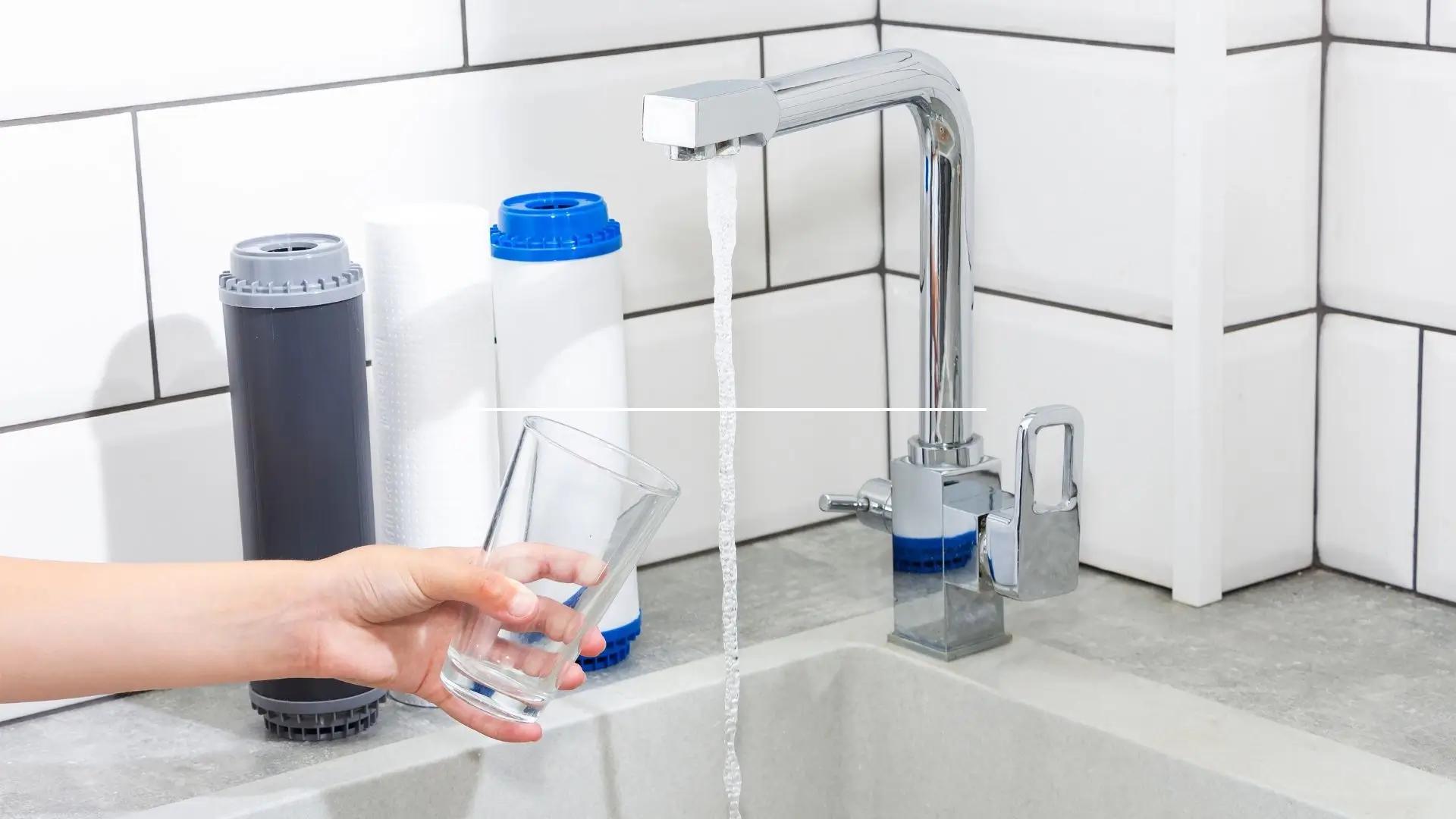
Filtration System Capacity
Understanding the filtration system capacity is crucial for maintaining optimal performance and water quality in a whole-home water filtration system. The filter capacity indicates the volume of water the system can efficiently filter before requiring replacement. It is important to select a filter system size that aligns with your household’s water usage to ensure maximum filtration effectiveness. Take into account the water flow rate in relation to the system’s sediment removal rate and contaminant removal capacity. Higher flow rates can impact the filtration efficiency. Additionally, consider the system’s maintenance needs when assessing capacity, as some systems may need more frequent filter changes or monitoring to sustain peak performance. Choosing a filtration system with sufficient capacity is essential for consistent water quality throughout your home.
Frequently Asked Questions About Water Filtration System Near Me
Can I Install the Whole-Home Water Filtration System Myself, or Do I Need to Hire a Professional?
It is recommended to enlist the services of a professional for the installation of a whole-home water filtration system. This approach ensures a correct setup, minimizes the chance of mistakes, and guarantees optimal performance. While there may be a higher initial cost associated with hiring a professional, the long-term advantages far outweigh the upfront investment.
How Often Should I Test the Water Quality After Installing the Filtration System?
We recommend testing water quality at least once a year after installing the filtration system to ensure optimal performance. Regular testing will help detect any issues early on, guaranteeing safe and clean water all year round.
Are There Any Specific Maintenance Tasks I Need to Perform Regularly to Ensure the System Functions Properly?
Regular maintenance tasks are essential for ensuring the system functions properly. It is important to replace filter cartridges, sanitize the system, and monitor water pressure on a regular basis. Additionally, check for leaks periodically and schedule annual servicing by a professional. By following these tasks diligently, you can maintain peak performance and ensure good water quality.
What Are the Potential Hidden Costs Associated With Operating a Whole-Home Water Filtration System?
Operating a whole-home water filtration system may come with hidden costs such as electricity for power, replacement filters, professional servicing, and potential plumbing modifications. Being aware of these additional expenses upfront is essential for effectively budgeting for the system’s long-term maintenance.
How Can I Determine the Appropriate Filtration System Capacity for My Household's Water Usage?
To determine the appropriate filtration system capacity for our household’s water usage, we should calculate our daily water consumption, consider peak usage times, account for future changes in occupancy, and seek advice from professionals for accurate sizing.
Please rate our website
Let us improve this post!
Tell us how we can improve this post?
